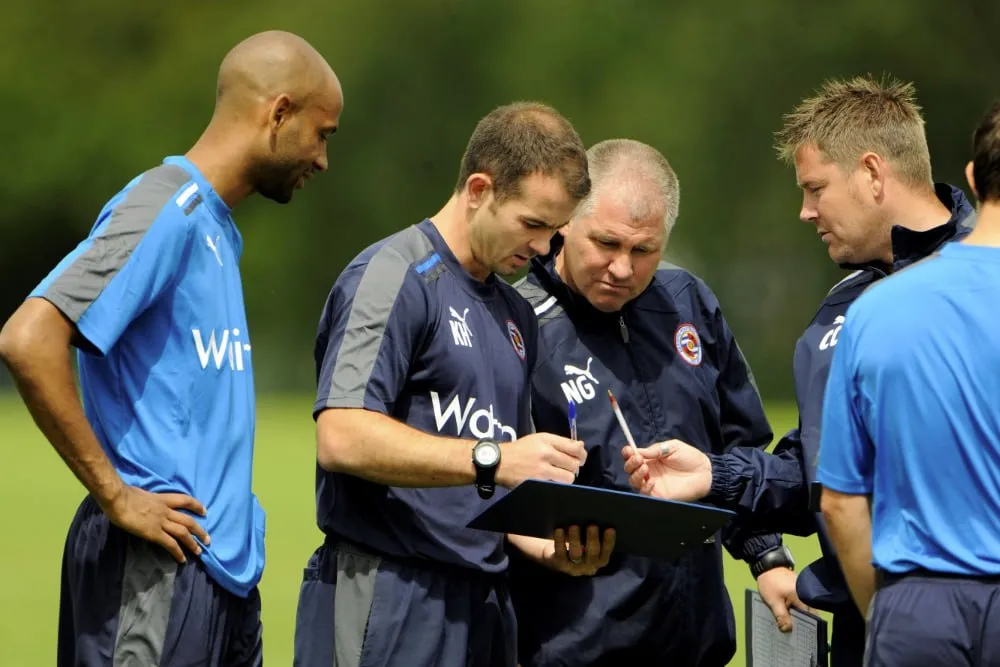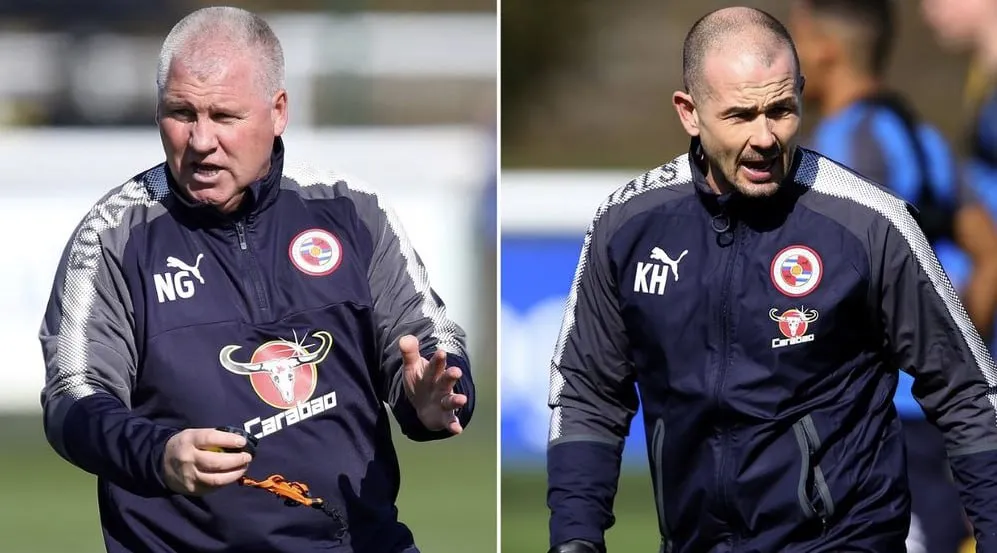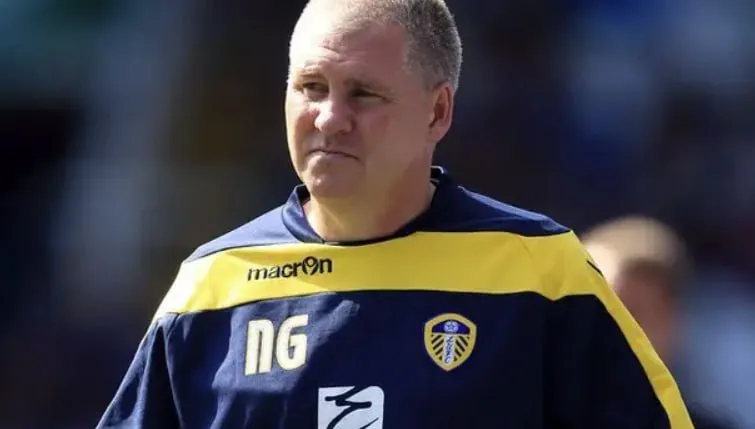In a significant ruling that has captured the attention of the football world, former Leeds United assistant manager Nigel Gibbs has been awarded a substantial £331,426 in damages following his controversial departure from the club back in 2014. This landmark case, recently finalized at the High Court, offers a fascinating look into the complexities of football contracts and constructive dismissal. Here at Mcw, we delve deeper than the headlines to provide you with a comprehensive tactical and legal analysis of this pivotal sports story.
The Core of the Legal Battle: Constructive Dismissal Explained
The fundamental question presiding over this case was a critical one: was Nigel Gibbs constructively dismissed due to a repudiatory breach of contract by Leeds United, or did he simply choose to walk away from his position voluntarily? Mr Justice Langstaff’s ruling was unequivocal, finding in favor of Gibbs and affirming that the club’s actions fundamentally breached the terms of his agreement.
Gibbs, a respected former Watford defender, had joined Leeds United in April 2013 on a fixed-term contract that was scheduled to run until June 2016. This deal included an annual salary that was set to rise to £220,000, plus additional benefits, underscoring his valued position within the club’s structure.

A Breakdown of the Breach: From First Team to the Sidelines
The situation began to unravel following the departure of then-manager Brian McDermott. According to the evidence presented in court, Gibbs indicated he was not interested in stepping up to the head coach/manager role himself. What followed was a dramatic and isolating shift in his responsibilities.
Instead of being involved in the core duties of an assistant manager—first-team training, tactical planning, and player selection—Gibbs was effectively sidelined. He was sent an email explicitly stating that his role was to be confined exclusively to working with the U18 and U21 squads. This demotion was not just a change in task; it was a profound loss of status. The judge noted that Gibbs was left feeling like he was standing around “doing nothing,” excluded from any meaningful contribution to the first team he was hired to support.
“The evidence was all one way that an assistant manager was to be involved in the selection, tactics and training of the first team,” stated Mr Justice Langstaff. He concluded that confining Gibbs to academy duties was unreasonable and “would not meet the contractual expectations.” This email directive was the pivotal moment that prompted Gibbs’s resignation, an action the judge deemed exactly what “one would expect a self-respecting person, such as Gibbs, to do.”
The Financial Outcome and Future Implications
The awarded sum of £331,426 represents the damages owed to Gibbs for the club’s breach of contract. However, in a final procedural note, the judge ordered that the amount be held by Gibbs’s solicitors until an agreement is reached on what should be withheld due to bonuses he is receiving in his current role as Assistant Head of Player Development at Tottenham Hotspur.
This case sets a powerful precedent in football management law. It clearly defines that a unilateral and significant reduction of a coach’s core duties, especially those that result in a public loss of stature, can constitute a fundamental breach of contract. For many in the industry, this ruling is a vital affirmation of their contractual rights.

Expert Insight from Mcw
We spoke to a former Premier League sporting director, who wished to remain anonymous, for his take on the matter. “This ruling is a wake-up call for clubs,” he told Mcw. “The dynamics in a football club can change in an instant with new ownership or a new manager. This judgment reinforces that you cannot simply sideline a respected professional without contractual consequence. It protects the individual from being forced out without due process.”
This analysis goes beyond the simple transaction of a court case; it highlights the often-unseen human element and power struggles within professional football clubs. Gibbs’s commitment to fulfilling his contractual duties, even when being ostracized, speaks volumes about his professionalism.
Former Leeds United Assistant Nigel Gibbs Secures £331,426 in Damages
The resolution of Nigel Gibbs’s case against Leeds United is more than just a financial settlement; it is a story about professional respect, contractual integrity, and the often-blurred lines in football management. It serves as a crucial reminder of the legal protections available to backroom staff and will undoubtedly be referenced in similar disputes for years to come.
What are your thoughts on this landmark ruling? Do you believe it will change how clubs handle backroom transitions? Share your opinions and experiences in the comments below, and don’t forget to share this Mcw exclusive analysis with fellow football fans.

